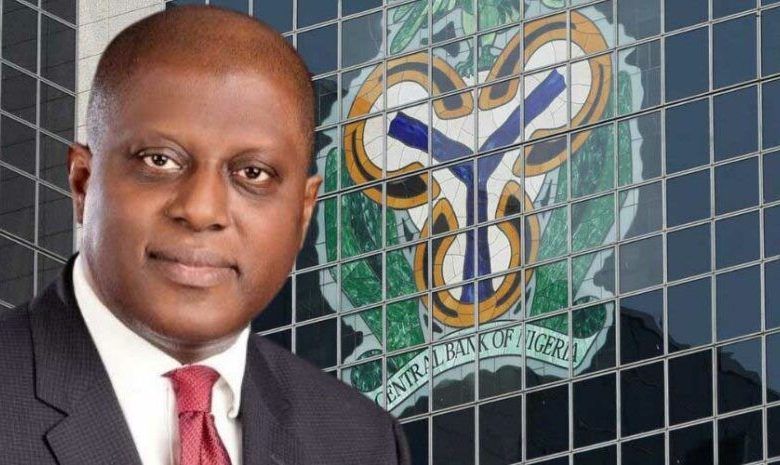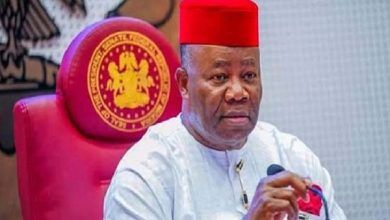
The Central Bank of Nigeria (CBN) has officially revealed the country’s Net Foreign Exchange Reserves (NFER) after persistent calls from economic experts.
According to the CBN, Nigeria’s NFER surged to $23.11 billion by the end of 2024, marking its highest level in over three years. This represents a substantial increase from $3.99 billion in 2023, $8.19 billion in 2022, and $14.59 billion in 2021.
In a press statement on Tuesday, the CBN emphasized that NFER provides a clearer picture of the country’s accessible foreign exchange reserves by accounting for near-term liabilities, including FX swaps and forward contracts.
Alongside the increase in NFER, Nigeria’s gross external reserves climbed to $40.19 billion as of December 2024, up from $33.22 billion at the end of 2023. The CBN attributed this growth to strategic efforts to reduce short-term foreign exchange liabilities, particularly FX swaps and forward obligations.
CBN Governor Olayemi Cardoso attributed the improvement to deliberate policy measures aimed at boosting investor confidence, reducing economic vulnerabilities, and strengthening the nation’s financial stability. He stated:
“This rise in our net reserves is a direct result of strategic policy choices focused on rebuilding confidence, reducing risks, and laying the foundation for long-term economic stability.”
The CBN identified several factors responsible for the improved NFER, including the reduction in short-term FX liabilities as the bank significantly cut its exposure to short-term foreign exchange obligations, reducing liquidity risks. Increased foreign exchange earnings from non-oil sectors also helped strengthen the reserve position, while policy measures aimed at restoring trust in the FX market attracted more sustainable capital inflows.
As a result, Nigeria’s external reserves are now more transparent and resilient, positioning the country to better withstand external economic shocks.
The CBN remains optimistic about maintaining the upward trend in 2025. While the first quarter included notable foreign debt interest payments, Nigeria’s economic fundamentals remain strong.
With expected improvements in oil production and a growing non-oil export sector, the country’s external liquidity is projected to strengthen further. These factors will contribute to a stable exchange rate and a more robust economy.
Governor Cardoso reaffirmed the CBN’s commitment to prudent reserve management, transparent reporting, and sound macroeconomic policies to ensure stability, attract investment, and foster long-term economic resilience.





